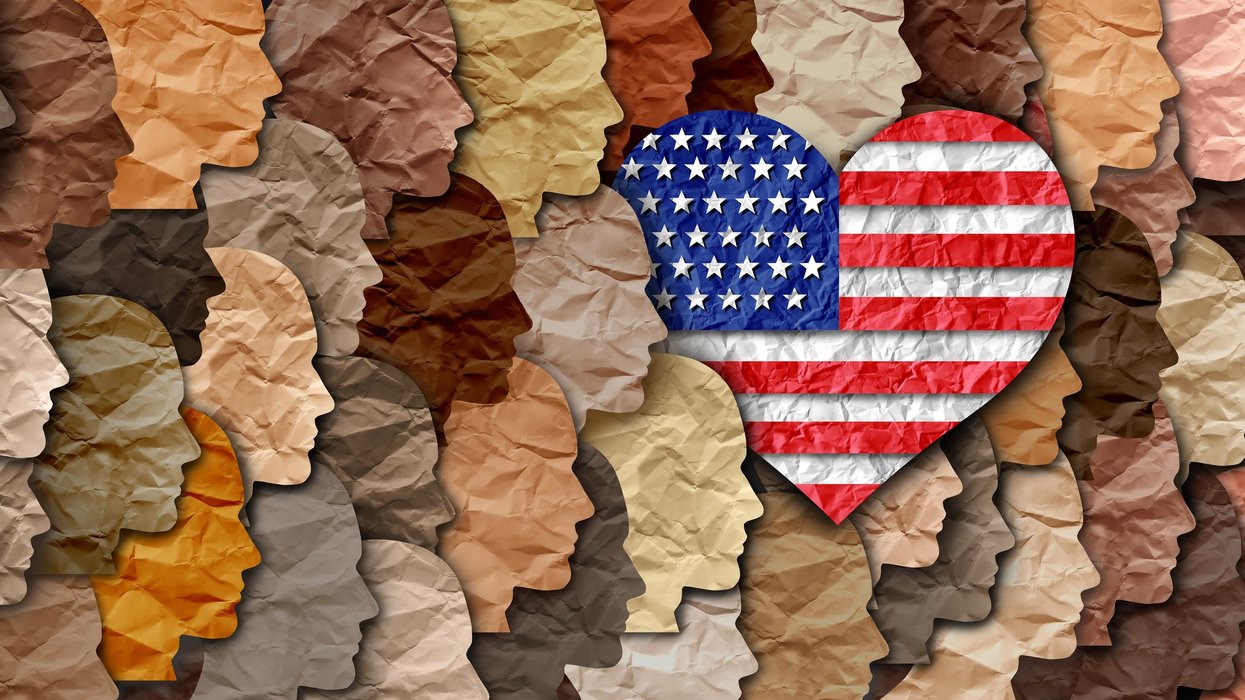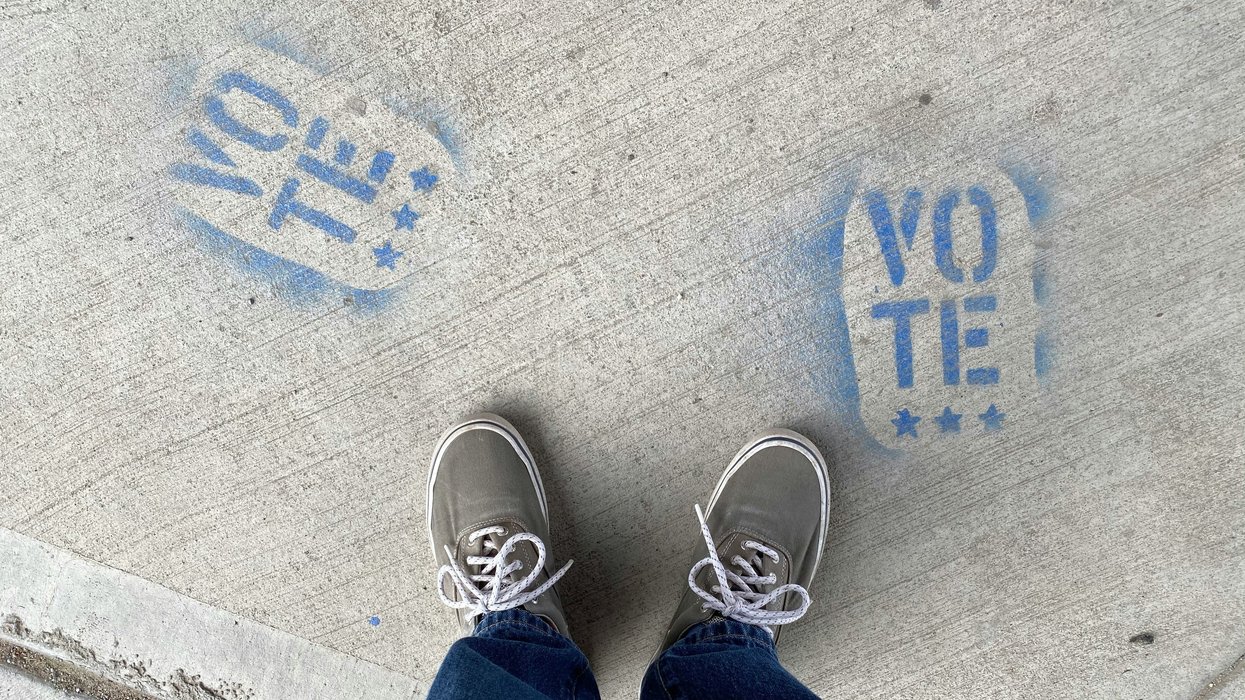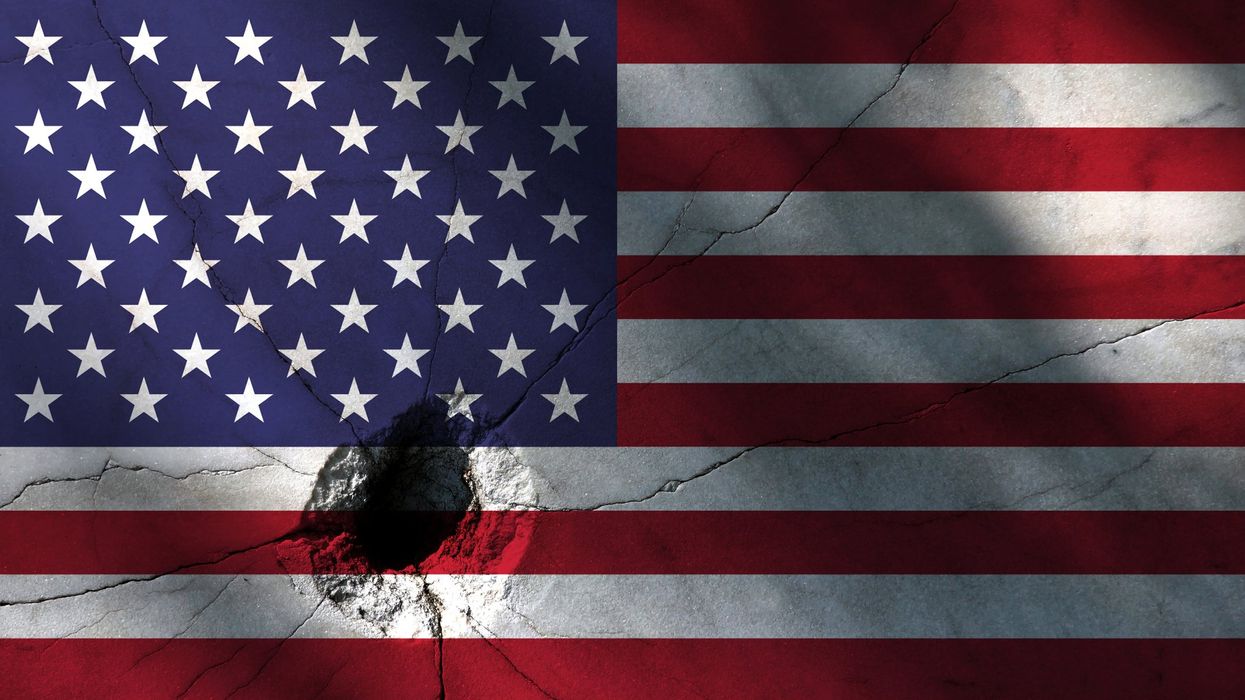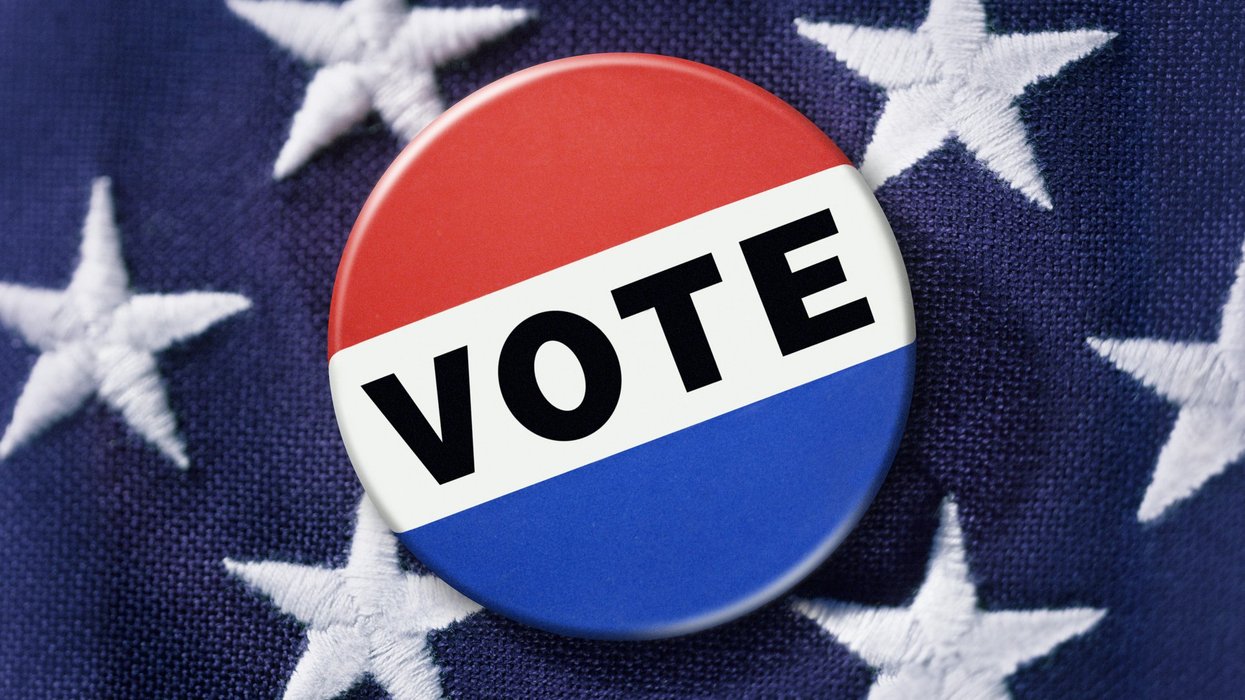Three states plan to offer voters with disabilities the option to cast ballots online this fall, but the federal government says this is too risky an endeavor even with all the recommended controls in place.
In an eight-page report sent last week to state officials, four federal agencies analyzed the risks associated with electronic ballot delivery, marking and return. While accessing and completing ballots online can be low-risk, digital ballot submissions pose significant cybersecurity concerns, the report said.
Delaware, New Jersey and West Virginia plan to use a new system by the Seattle-based company Democracy Live to allow electronic voting for military and overseas voters as well as those with disabilities. The report says these states should limit the online system to "voters who have no other means to return their ballot and have it counted."
The Cybersecurity and Infrastructure Security Agency, the Election Assistance Commission, the FBI and the National Institute of Standards and Technology collaborated on the report to identify potential security risks at each step in the voting process.
Their warning against allowing any part of the voting process to connect to the internet comes in response to the attempts by Russian operatives to hack into voting systems in the last presidential election.
Sign up for The Fulcrum newsletter
Although delivering ballots electronically is allowed by all 50 states, this system at best poses information security risks and at worst can result in missing or altered ballot choices, the report said. Risks can be mitigated by implementing proper security controls and verifying voter identity before the ballot may be accessed.
To minimize risks associated with marking ballots electronically, the agencies suggest using an auditable paper trail so voters can print out and verify their selections before submitting their ballot.
Returning a ballot using the internet poses the highest risk, though. Doing so could compromise not only the voter's data and privacy, but also the system's integrity as a whole.
"Securing the return of voted ballots via the internet while ensuring ballot integrity and maintaining voter privacy is difficult, if not impossible, at this time," the agencies reported.
State election officials should provide a way for voters to verify the status of their ballots after submitting them, the report recommends.
Arizona, Colorado, Missouri and North Dakota currently allow military voters in "hostile zones" to use a web-based portal to submit ballots. West Virginia is the only state with a mobile voting app for people with disabilities.
Twenty-six states, plus D.C., allow some voters to return their ballots via email or fax, but these methods aren't perfect either, the report says. Fax machines typically have no security protections and emails are often subject to cyberattacks.
Election security experts have warned against electronic voting for years because the U.S. does not yet have the technological infrastructure to prevent widespread online ballot interference.





















